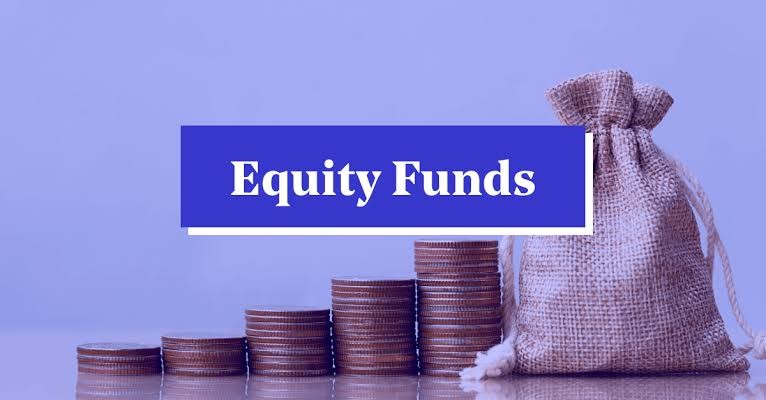
Equity funds

17.11.2023
Equity funds , Daily Current Affairs , RACE IAS : Best IAS Coaching in Lucknow
|
For Prelims:Equity Funds, Active equity funds ,Passive equity funds |
Why in the news?
According to a recent study, during the July-September quarter (Q2), active equity funds witnessed net inflows of about Rs 74,000 crore with fund managers, while passive equity funds saw Rs 9,000 crore of inflows.
About Equity Funds:
- An equity fund is a mutual fund that invests principally in stocks.
- It can be actively or passively (index fund) managed. Equity funds are also known as stock funds.
- Stock mutual funds are principally categorised according to company size, the investment style of the holdings in the portfolio, and geography.
What are Active equity funds?
- In this fund, the fund manager is ‘Active’ in deciding whether to buy, hold, or sell the underlying securities and in-stock selection.
- This fund relies on professional fund managers who manage investments.
- Active funds adopt different strategies and styles to create and manage the portfolio.
- They are expected to generate better returns (alpha) than the benchmark index.
- The risk and return in the fund will depend upon the strategy adopted.
What are Passive equity funds?
- These funds hold a portfolio that replicates a stated index or benchmark.
- In a passive fund, the fund manager has a passive role in the stock selection.
- Buy, hold, or sell decisions are driven by the benchmark index and the fund manager/dealer merely needs to replicate the same with minimal tracking error.
Source: Indian Express